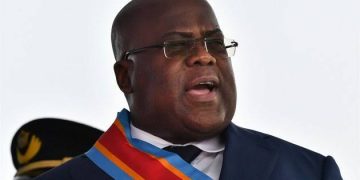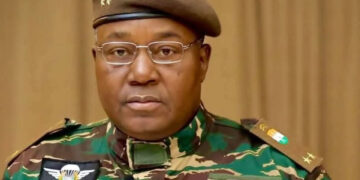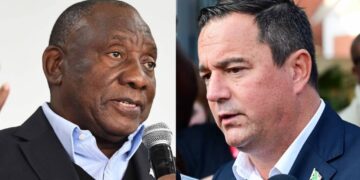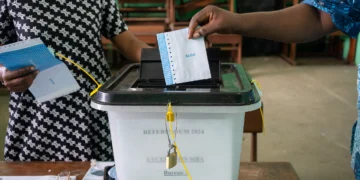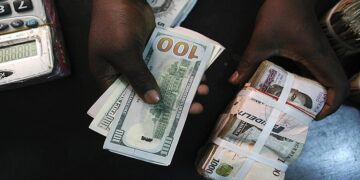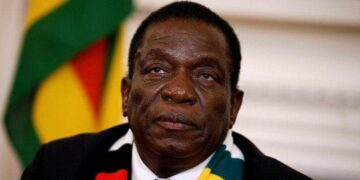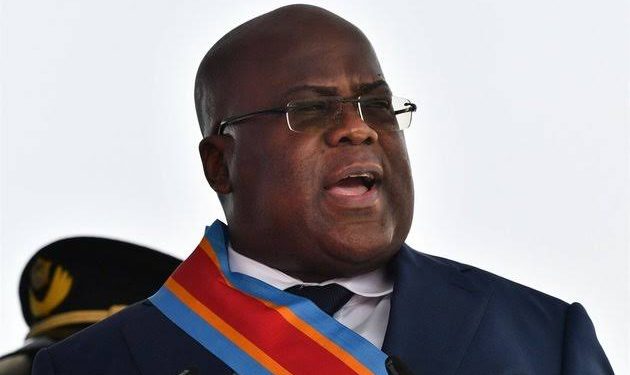Felix Tshisekedi, president of the Democratic Republic of the Congo (DRC), has declared a “state of siege” over the escalating violence in the eastern provinces of Ituri and North Kivu.
Announcing Tshisekedi’s decision late on Friday, government spokesman Patrick Muyaya said: “Taking into account the gravity of the situation… the president informed the cabinet of his decision to proclaim a state of siege in the provinces of North Kivu and Ituri.”
He said details of what the measure would entail would be released publicly in the next few hours.
Under DRC’s constitution, the president can declare either a state of emergency or a state of siege “if severe circumstances immediately threaten the independence or integrity of the national territory, or if they interrupt the regular functioning of institutions.
An estimated 122 armed groups of varying sizes operate in eastern DRC, many a legacy of catastrophic regional wars in the 1990s.
The Allied Democratic Forces (ADF), a rebel group formed in neighbouring Uganda more than two decades ago, is believed to be responsible for much of the recent bloodshed.
It has committed a spate of brutal reprisal attacks on civilians since the army began operations against it in late 2019, killing around 850 people last year, according to UN figures.
The violence has fuelled a humanitarian crisis with more than 1.6 million people displaced in Ituri out of a total population of 5.7 million people, UNICEF said in April. Some 2.8 million people there are in need of some form of emergency assistance, it said.
